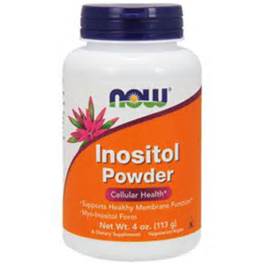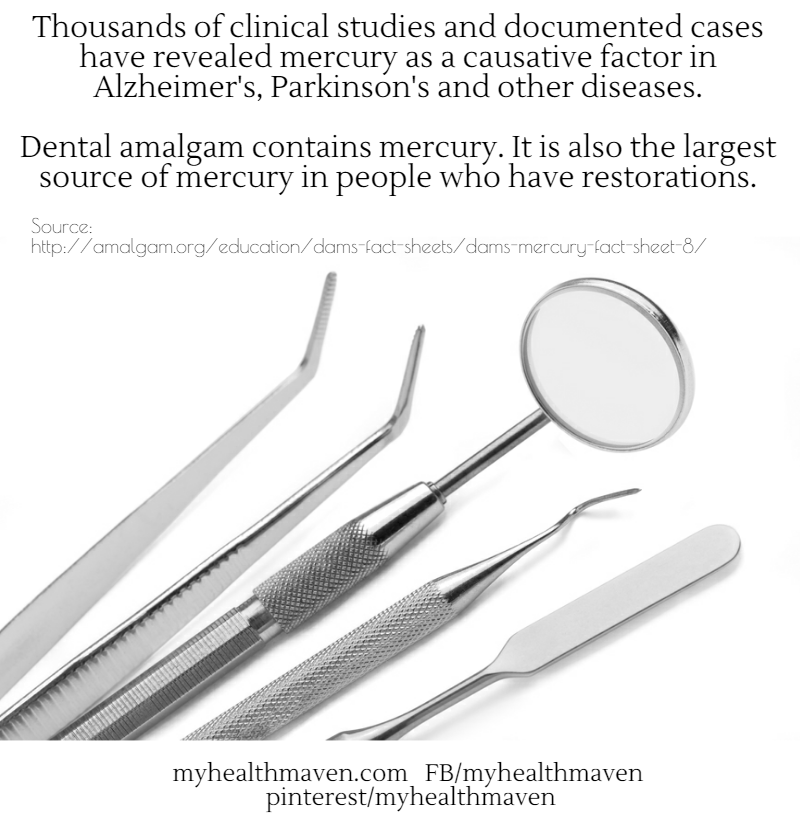Inositol is a naturally occurring carbohydrate found in most mammals and plants. Inositol is found in all of the body tissues, the highest concentrations are in the brain, heart and the lens of the eye. It was considered part of the B complex family and was sometimes referred to as B8. In reality it isn’t a vitamin, it’s actually a water soluble carbohydrate. Inositol is recognized as a natural antioxidant, it has also been receiving a lot of attention for its role in cancer prevention as well as control of tumor growth and metastasis.
According to allinahealth.org “Myo-Inositol has been used in the treatment of liver disease, depression, panic disorder, diabetic neuropathy (damage to the nerves which results in pain and numbness), respiratory distress syndrome (found in premature babies due to poor lung development), and to treat the side effects of the medicine lithium.”
The most common natural form is myo-inositol. Other names for Myo-Inositol include: Inositol, Inositol Monophosphate, and Inositol Hexaphosphate.
Benefits of inositol
Inositol also has many significant benefits for health including prevention of kidney stone formation, enhancing the immune system and lowering elevated cholesterol levels.
You’ll often see inositol combined with choline and for good reason. Combined they produce lecithin in your body. Lecithin helps to break down fats. Although inositol is milder than choline it still helps to metabolize fat and cholesterol and reduce fatty build up in body organs, especially the liver.
Let’s take a closer look of some specific benefits:
Polycystic Ovary Syndrome (PCOS) According to this study published in Endocrine Practice 2002, twenty women were given either a placebo or D-chiro-inositol for six to eight weeks. The results showed that inositol improved several of the abnormalities associated with PCOS, including blood pressure and elevated levels of fat.
Diabetes- Myo inositol decreases insulin and insulin resistance. Talk with your doctor about increasing your intake of foods high in inositol or adding inositol powder to your diet.
Diabetic Neuropathy– Inositol is needed for healthy nerve function. Diabetes can cause a type of nerve damage called diabetic neuropathy. Supplementing with inositol can improve this condition. Inositol also has positive effects on the impact of insulin on key cells, which makes it beneficial in diabetic neuropathy. Neuropathic pain can also be caused by deficiencies of vitamins B12, B1, B6, E, and zinc. A number of studies have shown that different kinds of nerve pain can improve by supplementation with high-dose B vitamins.
Metabolic Syndrome This study showed that post-menopausal women treated with myo inositol supplementation had significant improvements in both blood pressure and cholesterol levels.
Constipation- If your body is lacking in inositol the muscles in your intestines can be too relaxed, which can slow down the movement of the bowels, which may lead to constipation.
Cancer- Inositol hexaphosphate (IP6) and Inositol shows amazing promise in the reduction of tumors and liver metastasis in mice.
Depression-Significant improvements were noted in this study of patients with depression after 4 weeks.
Lung Cancer– Back in the 1970’s Dr. Lee Wattenberg, often called the “Father of Chemoprevention,” was also the first to note inositol’s healing effects on lung cancer. A few years later, Dr. Abdul Kalam Shamsuddin, following in the footsteps of Dr. Wattenburg went on to create IP6 (inositol hexaphosphate), also showing its effectiveness in preventing colon cancer.
Healthy hair- When combined with B12 and folate, inositol can delay the onset of baldness and reduce hair loss.
Smokers– This 2006 report, published in the journal of Cancer Epidemiology Biomarkers and Prevention showed amazing results of inositol use in the prevention of lung cancer for smokers. The study involved smokers between the ages of 40-70 who had some form of abnormal bronchial cell development. They were given roughly 18 grams of inositol per day for 3 months. There was a significant reduction in the rate of abnormal bronchial cells in the smokers as well as a reduction in systolic and diastolic blood pressure, compared to the control group.

Foods that contain myo inositol
Beans (red & kidney)
Brewer’s yeast
Brown rice
Cabbage
Cereals with high bran content
Citrus fruits
Cantaloupes
Corn
Green leafy vegetables
Liver
Nuts
Oat flakes
Unrefined molasses
Wheat germ
Whole grains
Where to find inositol
At this time there is no official RDA for inositol. This product is widely available online, in natural and health food stores. Inositol is available in a powdered form that many people simply add to their smoothies or even in plain water due to its naturally sweet taste. It is also available in pill forms.








